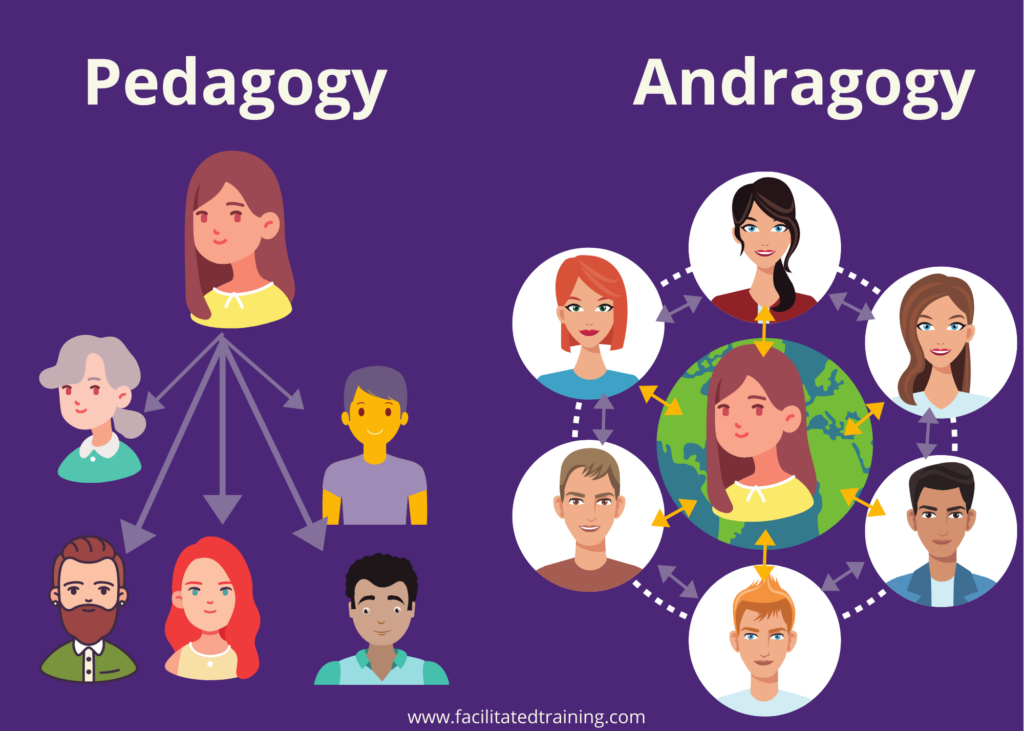
In today’s ever-evolving workplace, the need for effective training and development programs has become paramount. Employers are constantly seeking ways to enhance the skills and knowledge of their workforce to stay competitive in the global market. One approach that has gained significant attention is the concept of andragogy, which focuses on adult learning and development. This article will explore the influence of andragogy on workplace training and development, highlighting its benefits and providing valuable insights for organizations looking to maximize the potential of their employees.
Understanding Andragogy
Before delving into the impact of andragogy on workplace training and development, it is essential to understand the concept itself. Andragogy, coined by Malcolm Knowles in the 1970s, is a learning theory that emphasizes the unique characteristics and needs of adult learners. Unlike Andragogy vs pedagogy, which is centered around teaching children, andragogy recognizes that adults have distinct learning preferences and motivations.
The Key Principles of Andragogy
Andragogy is guided by several key principles that shape its approach to adult learning. These principles include:
- Self-directed learning: Adults are more motivated to learn when they have control over the learning process and can apply their knowledge to real-life situations.
- Experiential learning: Adults learn best by actively engaging in hands-on experiences and reflecting on their own experiences.
- Relevance: Adults are more likely to engage with learning materials that are directly applicable to their personal and professional lives.
- Problem-solving orientation: Adults are driven to learn when presented with real-world problems that require critical thinking and problem-solving skills.
The Impact on Workplace Training and Development
Andragogy has a profound influence on workplace training and development, offering a more effective and tailored approach to adult learners. By incorporating the principles of andragogy into training programs, organizations can create a more engaging and impactful learning experience for their employees. Some key benefits include:
- Increased motivation and engagement: By giving employees more control over their learning journey, andragogy fosters a sense of ownership and accountability, leading to increased motivation and active participation.
- Enhanced knowledge retention: Andragogy promotes experiential learning, allowing employees to apply their knowledge directly to their work. This hands-on approach leads to better retention and application of new skills.
- Improved problem-solving skills: By presenting real-world problems and challenges, andragogy develops employees’ critical thinking and problem-solving abilities, enabling them to tackle complex issues with confidence.
- Relevant and applicable learning: Andragogy ensures that training programs are directly relevant to employees’ job roles and responsibilities, making the learning experience more meaningful and impactful.
Conclusion
In conclusion, andragogy offers a transformative approach to workplace training and development. By recognizing the unique needs and characteristics of adult learners, organizations can design and implement training programs that are engaging, relevant, and impactful. Andragogy’s principles of self-directed learning, experiential learning, relevance, and problem-solving orientation empower employees to take charge of their own learning journey, resulting in increased motivation, knowledge retention, and problem-solving skills. By embracing andragogy, organizations can unlock the full potential of their workforce and drive success in today’s dynamic business landscape.